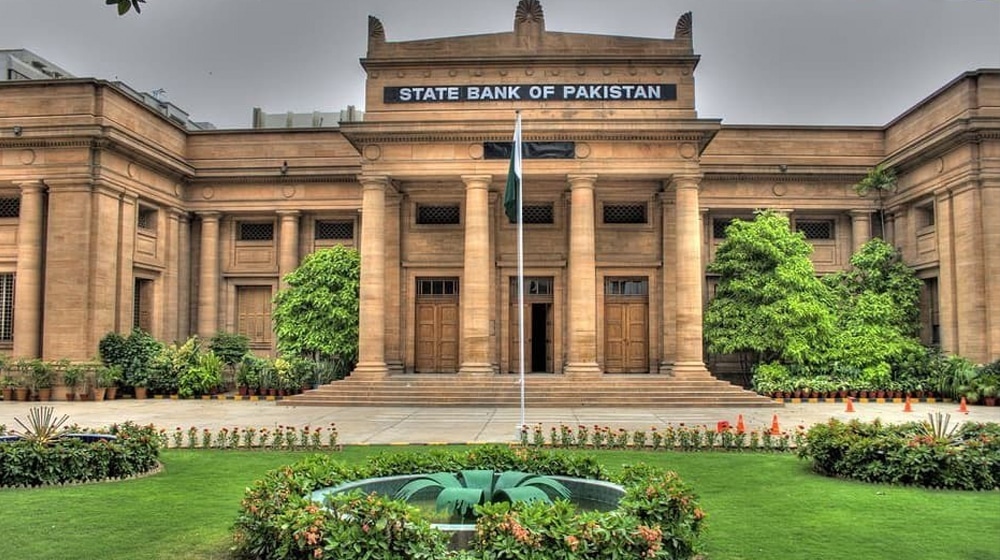The State Bank of Pakistan’s (SBP) Monetary Policy Committee (MPC) on Monday raised the policy rate by 100 basis points to 17 percent, the highest in over two decades.
The announcement was made by State Bank of Pakistan (SBP) Governor Jameel Ahmad in a press conference following the MPC’s meeting.
According to the Monetary Policy Statement issued by the central bank, the committee noted that inflationary pressures are persisting and continue to be broad-based. If these remain unchecked, they could feed into higher inflation expectations over a longer than anticipated period. The MPC stressed that it is critical to anchor inflation expectations and achieve the objective of price stability to support sustainable growth in the future.
Since the last meeting, the MPC particularly noted three important economic developments. First, despite some moderation in November and December, inflation continues to remain elevated. Importantly, core inflation has been on a rising trend for the past 10 months. Moreover, the recent pulse surveys show inching up of consumers and business inflation expectations.
Second, near-term challenges for the external sector have increased despite the policy-induced contraction in the current account deficit. The lack of fresh financial inflows and ongoing debt repayments have led to a continuous drawdown in official reserves.
Third, the global economic and financial conditions broadly remain uncertain in the near-to-short term, leading to mixed implications for the domestic economy. The expected slowdown in global demand could negatively impact the outlook of exports and workers’ remittances for emerging economies, including Pakistan. This would partly offset the gains from the import contraction.
On the flip side, some moderation in the international commodity prices may help reduce inflation, and the improvement in global financial conditions may also provide some relief on the external sector.
On balance, the committee reiterated its November 2022 assessment that the short-term costs of bringing down inflation are lower than the long-term costs of allowing it to become entrenched. The MPC also emphasized on the engagements with the multilateral and bilateral partners to overcome domestic uncertainty and to address the near-term external sector challenges.
Completing 9th review critical
The committee noted that notwithstanding the reduction in the current account deficit, which narrowed by around 60 percent to $3.7 billion in H1-FY23, the external sector remains under stress due to delay in realization of official financial inflows, debt repayments and ongoing political uncertainty. In this regard, the MPC views that the completion of the pending 9th review under the IMF’s EFF is critical for reducing uncertainty and unlocking multilateral and bilateral inflows.

























